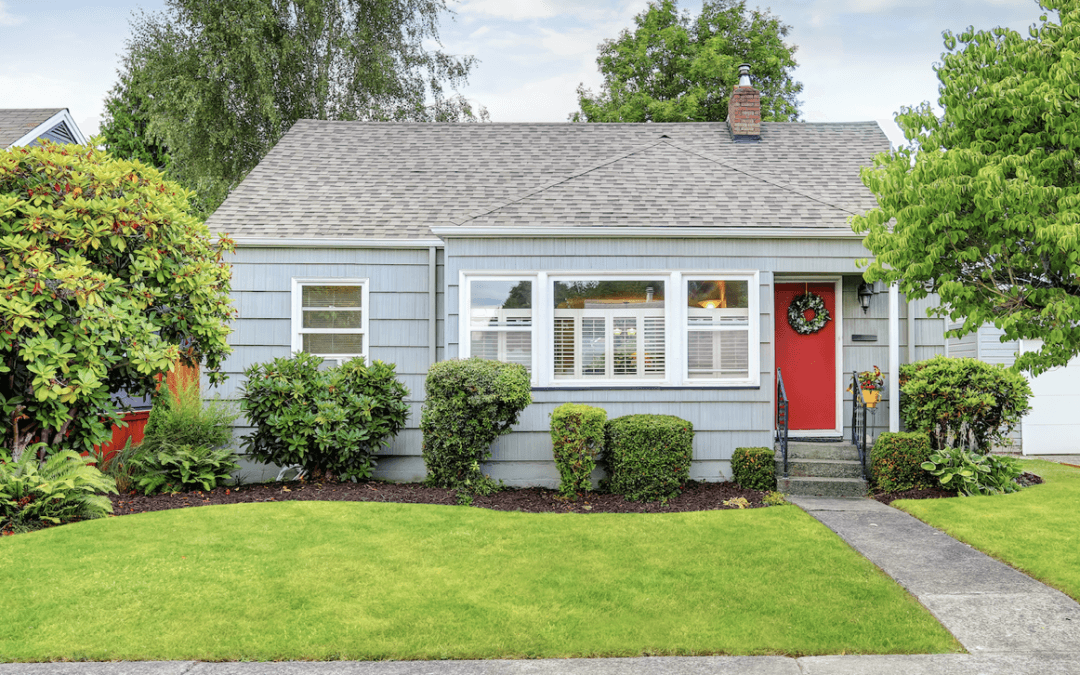For one reason or another, you and your family have decided that it’s time to pack up your belongings and find a new house to call your home. Naturally, finding the perfect new home (link to prior blog) is a critical step on your journey to doing so. But what about the house you left behind? How can you ensure that you’re getting a good price on the house that you’re about to be vacating as you leave for greener pastures?
Here are three ways you can be sure you’re selling your house for, at the bare minimum, what you think it’s worth.
Plan the sale in advance
Even if you’re not quite ready to sell your house yet, but you know that someday you’re planning to (and the exact date of your move can be somewhat flexible), you should always know what your home is worth before you first put it on the market. Home values can go up and down depending on a lot of variables- some of which aren’t even in your own control. But that doesn’t mean you shouldn’t be aware of them at all times. If you play your cards right and have the flexibility to wait, you can even wait until a time comes when your home’s value rises- either because you made improvements to it or because of good fortune that you had nothing to do with- and then sell it for a profit.
Know your neighborhood
Location is everything in real estate. Depending on what sits in the vicinity of two identically structured homes, one could be worth far more than the other one, and if you live in the more desirable location, you can use this fact to your advantage. People buy certain homes as opposed to others because they want to live close to specific people, buildings, or places, and if you’re selling a house that’s within walking distance of the schools that prospective buyers’ children would attend, you can reasonably tack on a little bit of money to your asking price. If you live close to a magnificent office structure that somebody is moving into your house in order to be closer to, you might be able to raise your asking price even more.
Hire an appraiser
How do you ensure that you’re getting the best results in anything and everything you do? Simple. Ask a professional to help you, someone who does what you need to do for a living. An appraiser can measure the square footage of your home, evaluate the aesthetics of both your interior and exterior, factor in any additional details that may be relevant to your house’s value (such as improvements you may have made and its location), and come up with an appropriate total. That said, just because an appraiser gives you an estimate on what your house is worth doesn’t necessarily mean you can’t get more (or as much) as that estimate. But in more cases than not, an appraiser can certainly give you a good ballpark for your asking price.

